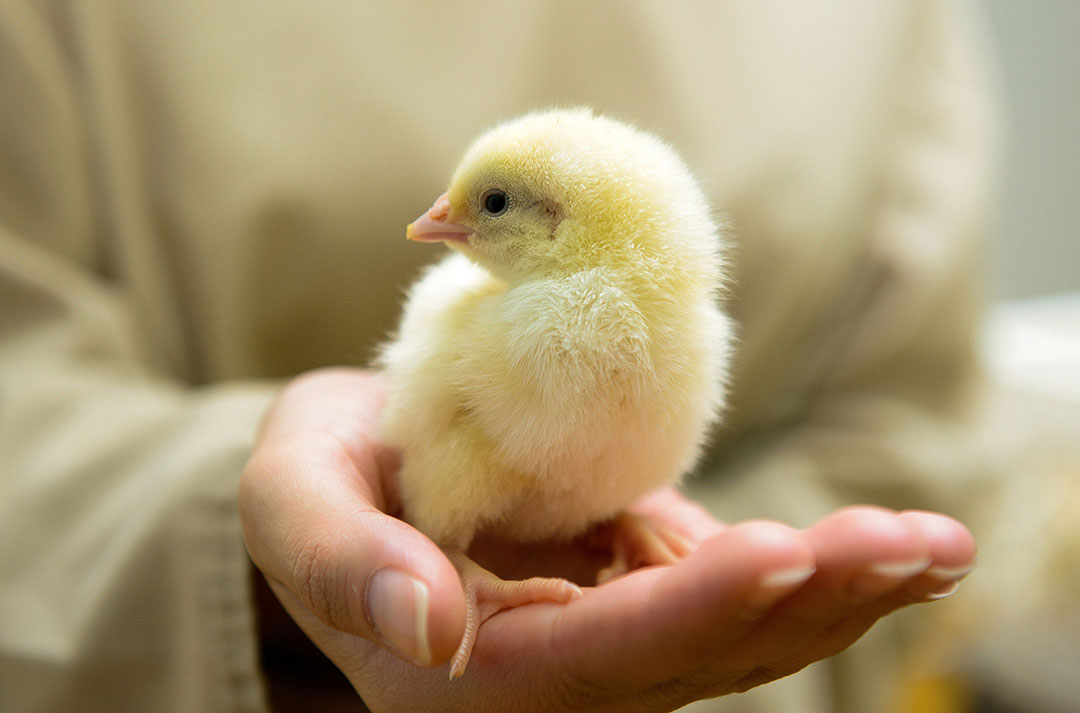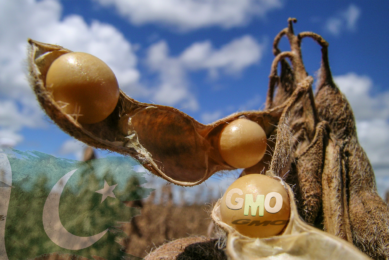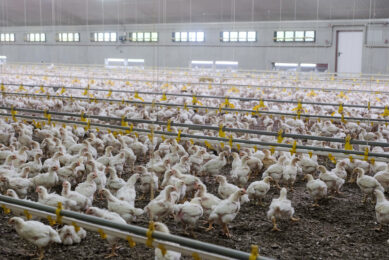Nutrition of breeder: The effect on chicks

De Heus has started a large study to delve deeper into the effect of the diet of breeding chickens on egg composition and chick quality.
The study has kicked off in March 2019 on the experimental farm of Dutch feed company De Heus in the Netherlands and is part of a PhD study. The aim of the study is to gain more insight into the relationship between the breeding hen, the diet and the quality of the broiler chick. Insights will help to increase chick quality and a healthy start of the young broiler chicken to help poultry farmers farm better.
Many trials are not relevant anymore
And more research is needed, according to De Heus. This is because not a lot of research has been done in the field of nutrition of the breeder chickens in relation to broiler chick quality. Trials are often outdated and and based on old genetics and management practices. Moreover, because management systems differ around the world it is hard to relate the test results to European farms for instance. The research done is often focused on feeding the breeder to study the effect on production performance or on welfare of the breeder hen itself, not on the vitality and performance of the offspring. The research done by De Heus therefore wants to connect all the different stages in the poultry production chain to find out what determines chick quality best.
Measured at every step
In the first part of the study, the breeding animals were placed as day-old chicks at the experimental farm and followed until the end of production. These animals are being grown regarding different weight curves. Within these curves, De Heus will then feed different feeds, which will result in differences in body composition. During the production period, eggs are being hatched at different ages of the breeding animals, from young to old. The chicks that are hatched are then followed under equal circumstances until the age of slaughter. The variation in weights and body composition of the breeding animals and the result on chick quality will then be determined. Also, the production of the hatching eggs, fertility, breeding outcome and the behaviour are taken into account. The exact egg composition of the produced eggs is also determined. When the eggs are hatched, chick quality is measured immediately. This includes looking at the vitality, weight, activity and yolk residue intake. The chicks are placed and followed (measured) until the age of slaughter.
For this research, De Heus collaborates with Wageningen University and Research Centre in the Netherlands and various breeding companies. The full set of results of this study is expected in June 2020.











